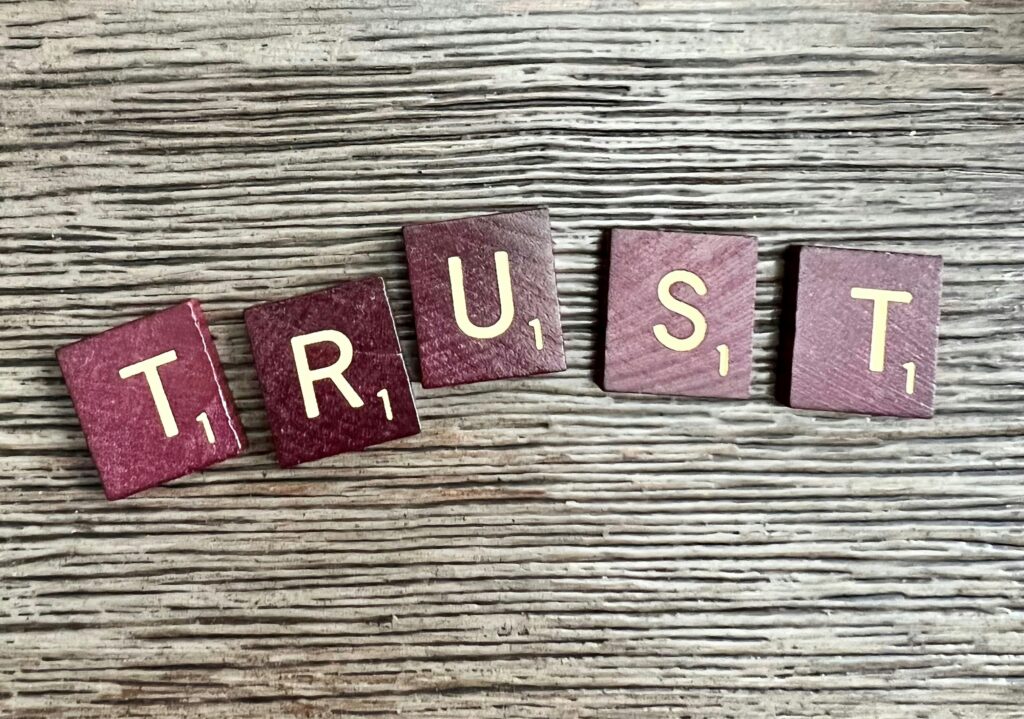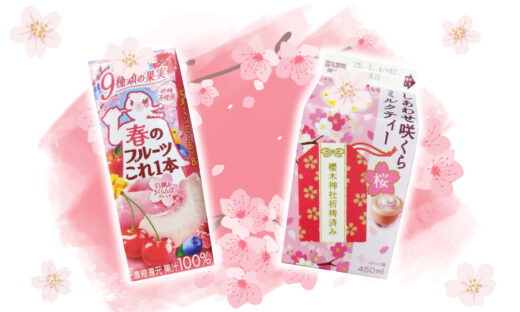Ever Heard of a “Wet Relationship”?

In Japan, a wet relationship refers to a business relationship that is emotionally and personally connected. So then, dry relationships are purely contractual, transactional, and set by clear professional boundaries.
Last week, we sat down with Hotta-san, an expert in enterprise sales in Japan, to unpack the cultural intricacies of building trust and connection with Japanese businesses. Why? Because many of our foreign clients admit they’re confused about the boundaries.
You may have heard of the concepts “uchi” and “soto”, the idea of being inside or outside someone’s inner circle in Japan. On Instagram, for example, you can find many foreigners who have lived and worked in Japan for many years saying that they still feel like outsiders. So naturally, you might assume that Japanese work relationships are “dry.” It’s just business… right?
So, why are clients inviting business contacts to weekend golf sessions, asking about their hobbies, or suggesting after-work drinks?
It feels like mixed messaging, but it’s not.

What’s the deal?
In Japan, who you are often matters more than what you’re selling. As such, personal trust can outweigh formal agreements. The decision to work with you may hinge on emotional rapport and consistency rather than price or features.
This relationship-first approach fosters loyalty and long-term partnerships. When clients feel you’re genuinely invested in their success, not just your own, they’re more likely to trust you, refer you, and build long-term partnerships.
Going beyond a transactional “dry” mindset helps foreign businesses stand out. It shows you “get it.”
Build Trust in Japan
But how do you go about building that trust? We don’t mean to sound like a broken record, but consistency is key. It’s about how you show up time and time again with your partner. You could almost consider them as your spouse, hopefully minus the bickering!
- Consistency
Keep your promises, respond promptly, and act with integrity. Reliability is the foundation of trust. - Personal Touch
Remember small details like your client’s favorite baseball team or their pet’s name. Those seemingly casual chats during meetings aren’t just fluff. They’re important connection points. In Japan, those dinners, drinks, and painfully early golf outings matter more than what you said in the boardroom. - Proactive Help
If a client is struggling, offering advice or support shows you’re a true partner, not just a vendor. - Relationship Web
We’ve mentioned this many times through this series: build connections beyond your main point of contact. Get to know their manager, team, or even someone in another department. Remember our blog on consensus? In Japan, decisions are rarely made alone.

Cultural Values to Understand
To truly understand what’s at play in these complex relationships, you need to be aware of two deep-rooted cultural concepts:
- Aun no Kokyū (阿吽の呼吸)
A state of unspoken mutual understanding developed over time. For example, when partners can read each other’s needs and reactions without a word. It’s the business equivalent of finishing each other’s sentences. - Otagai-sama (お互い様)
The spirit of mutual support: “I help you today, you help me tomorrow…”
Next Steps for Success
Trust may take time to build, but once it’s there, it’s rock solid. For success in Japan, that trust could be your greatest competitive edge. Focus on nurturing long-term partnerships and touch base regularly with your clients. Shifting from a transactional mindset to a relationship-first approach can make all the difference.
Watch the full video (with English subtitles) to understand how this impacts your business in Japan and how to build lasting trust that drives long-term success.
Need help finding the right business partners in Japan? YOUNEEDS Co., Ltd. can help identify and connect you with key stakeholders.






